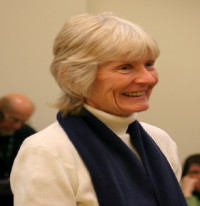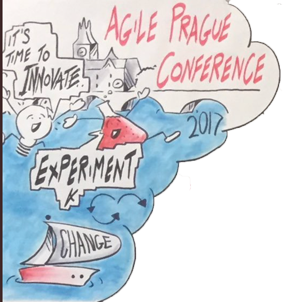Attendee Information
Agile Prague conference is getting closer.
Please come to the registration desk at 8:30 am so we allow the conference to start on time.
All you need to register is your name and company, the badges are sorted by the first name.
read more »Join the Certified Designing Agile Organizations Workshop with Jurgen De Smet
Join a two-day Certified Designing Agile Organizations workshop on Sep 17-18 as a combo with the conference (Sep 15-16). The capacity is limited!
read more »Join the ICAgile Professional Agile Coaching Certification Workshop with John Barratt
Join a two-day ICAgile Professional Agile Coaching Certification workshop on Sep 17-18 as a combo with the conference (Sep 15-16). The capacity is limited! Sold out, waitlist only.
Open Space
Wouldn’t it be great to go to a conference that included all of the topics that are most interesting to you? A conference that addressed your most pressing questions?
That’s what the Open Space sessions are for. It’s the part of the conference that you get to design.
Join the lunch Open Space and deepen your learning experience.
read more »
Linda Rising

Linda Rising has a Ph.D. from Arizona State University in the area of object-based design metrics. Her background includes university teaching as well as work in industry in telecommunications, avionics, and strategic weapons systems. She is an internationally known presenter on topics related to agile development, patterns, retrospectives, the change process, and the connection between the latest neuroscience and software development. Linda is the author of numerous articles and has published four books: Design Patterns in Communications, The Pattern Almanac 2000, and A Patterns Handbook. Her latest book, written with Mary Lynn Manns, is titled Fearless Change: Patterns for introducing new ideas.
![]() http://www.linkedin.com/pub/linda-rising/0/273/747
http://www.linkedin.com/pub/linda-rising/0/273/747

















